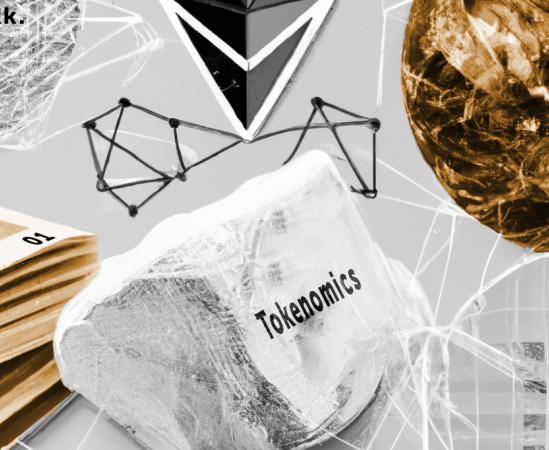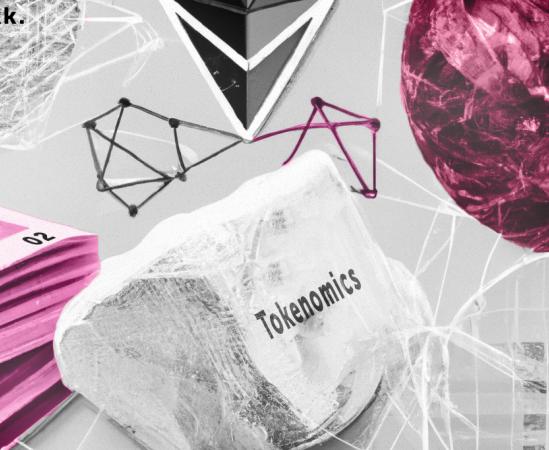The London Hard Fork
The London hard fork was a significant and backwards-incompatible upgrade to the Ethereum blockchain that occurred on August 5th, 2021 at block 12965000. It consisted of the implementation of five Ethereum Improvement Proposals (EIPs), which are changes to the Ethereum protocol proposed and approved by the Ethereum (core dev) community.
The five EIPs included in the London hard fork were:
1. EIP-1559: This was the most anticipated and controversial EIP, as it changed the way transaction fees are calculated and managed on the Ethereum network. Under the new system, a base fee is set for each block, which is burned, reducing the overall supply of Ether. This is intended to make transaction fees more predictable and reduce network congestion. It’s very important to emphasise that EIP-1559 does not make gas cheaper! A side effect of a more predictable base fee, EIP-1559 may lead to some reduction in gas prices if we assume that fee predictability means users will overpay for gas less frequently.
2. EIP-3198: This EIP adds an opcode that gives the Ethereum Virtual Machine (EVM) access to the block’s base fee, which is required by EIP-1559.
3. EIP-3529: This EIP removes gas refunds for the opcode SELFDESTRUCT, and reduces gas refunds for the opcode SSTORE to a lower level where the refunds are still substantial, but they are no longer high enough for current exploits of the refund mechanism to be viable.
4. EIP-3541: This EIP disallows new code starting with the 0xEF byte to be deployed. Code already existing in the account trie starting with 0xEF byte is not affected semantically by this change.
5. EIP-3554: This EIP introduced a change to the Ethereum difficulty bomb, which is a mechanism built into the Ethereum protocol that gradually increases the difficulty of mining new blocks. The change delayed the onset of the difficulty bomb, which is intended to encourage miners to switch to the new Proof-of-Stake (PoS) consensus mechanism that is expected to replace the current Proof-of-Work (PoW) mechanism in the future.
Overall, the London hard fork was intended to improve the functionality, efficiency, and sustainability of the Ethereum network. It was a significant milestone in the ongoing development of Ethereum and was widely anticipated by the Ethereum community.


